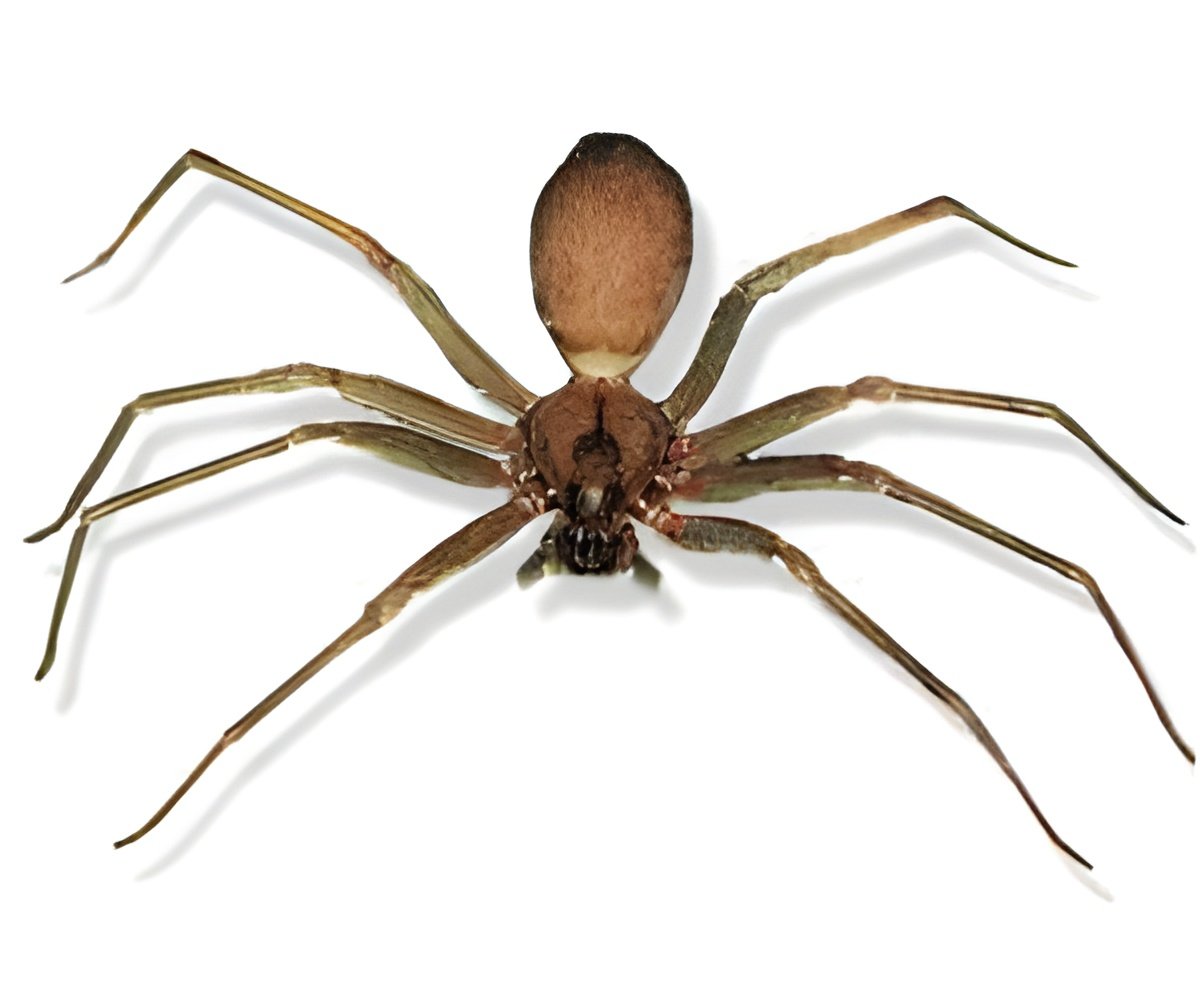
A group of researchers led by Professor Konstantin Agladze, who heads the Laboratory of the Biophysics of Excitable Systems at MIPT has been cultivating fully functional cardiac tissues, able to contract and conduct excitation waves, from cells called cardiomyocytes.
Previously, the group used synthetic polymeric nanofibers but recently decided to essay another material-electrospunfibers of spidroin, the cobweb protein.
Cobweb strands are incredibly light and durable. They’re five times stronger than steel, twice more elastic than nylon, and are capable of stretching a third of their length. The structure of spidroin molecules that make up cobweb drag lines was similar to that of the silk protein, fibroin, but was much more durable.
Researchers would normally use artificial spidroin fiber matrices as a substrate to grow implants like bones, tendons and cartilages, as well as dressings. Professor Agladze’s team decided to find out whether a spidroin substrate derived from genetically modified yeast cells could serve to grow cardiac cells.
For this purpose, they seeded isolated neonatal rat cardiomyocytes on fiber matrices. During the experiment, the researchers monitored the growth of the cells and tested their contractibility and the ability to conduct electric impulses, which are the main features of normal cardiac tissue.
Advertisement
The study is published in the journal PLOS ONE.
Advertisement









